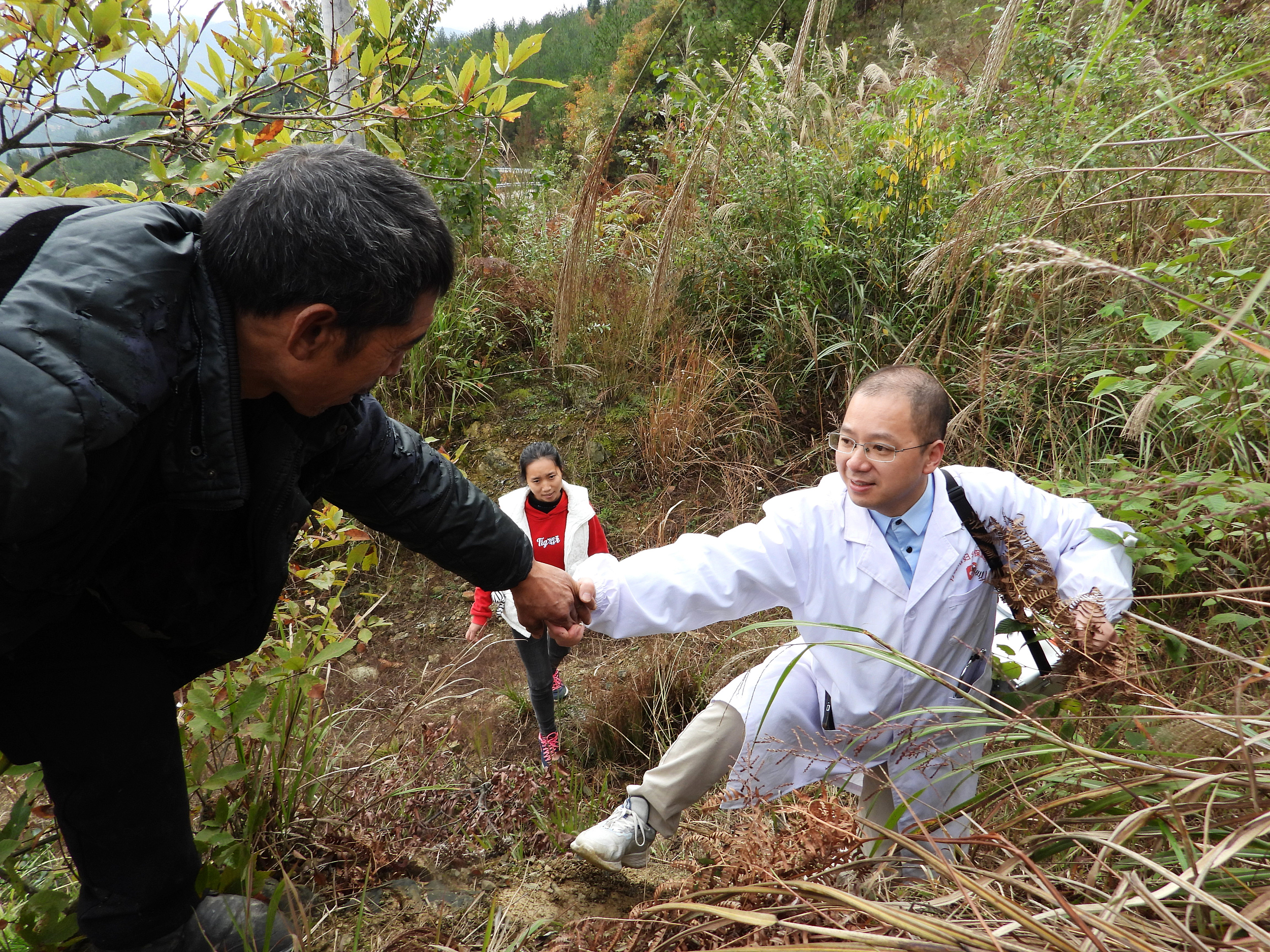Encouraging Medical Graduates to Work in Rural Areas

A doctor goes out on home visits to provide medical service at Shanlinwan village, Sichuan province. (PHOTO: VCG)
By CHEN Chunyou
In rural areas, people sometimes have to travel for hours for medical treatment, even when facing an emergency.
Recognizing the importance of creating a healthcare system that is tailored to the needs of rural areas, with a focus on quality and efficiency, efforts are being made by the Chinese government to provide residents with more accessible and comprehensive medical services in their local communities.
In 2020, the National Health Commission (NHC) implemented a policy to encourage medical graduates to work as doctors in rural areas. If qualified, they can apply for medical practitioner registration without taking additional exams.
This policy is currently being piloted in Hebei, Shandong, Shanxi, Inner Mongolia Autonomous Region, Hunan, Sichuan, and Yunnan, among other regions.
Since the policy's implementation nearly three years ago, more than 4,300 college graduates have been attracted to practice in village clinics and local hospitals. This mechanism has helped optimize the structure of rural doctors and improve the quality of medical and health services.
In April, a follow-up notice was jointly released by NHC and Ministry of Education, as well as four other departments, to further improve the allocation of physicians in rural and remote areas and promote the quality of rural healthcare, in addition to creating more opportunities for graduates to utilize their professional expertise.
The updated version of the policy made improvements in three areas. Firstly, it is clarified that the post is open to both medical graduates and those who graduated but have been unemployed within two years of graduation.
The policy also requires township health agencies to reserve a certain number of positions for these medical graduates during recruitment. Meanwhile, these medical students are encouraged to obtain the qualification of a licensed assistant physician.
It is noteworthy that those who practice in local regions will also be provided with opportunities to further their study, in an effort to enhance their competency.
The policy also emphasized the need for stronger coordination of departments, and the introduction of more incentive measures to ensure that rural doctors like to work, live and even settle in the area.
Local governments of these piloted regions are required to introduce more preferential policies to attract medical graduates to work in rural clinics and hospitals, while other regions are encouraged to follow suit when conditions permit, according to the notice.






